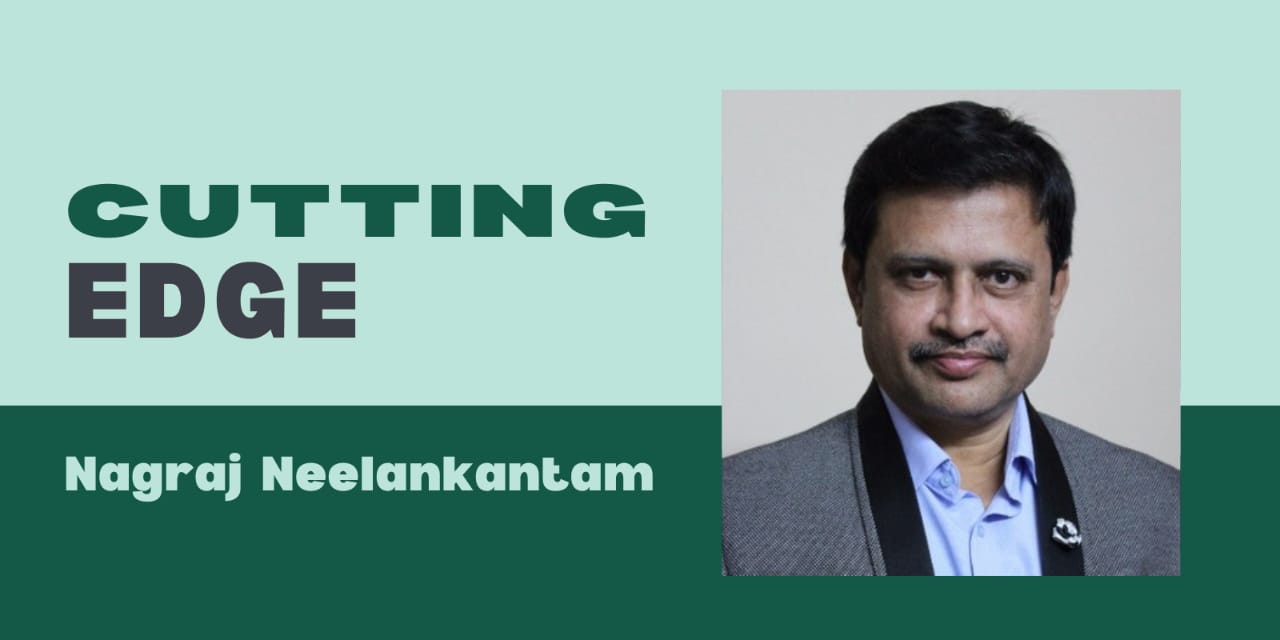In the shifting tides of global finance, gold—once dismissed as a relic—has re-emerged as a cornerstone of stability. Central banks, including the Reserve Bank of India (RBI), are quietly recalibrating foreign exchange reserves, reducing reliance on the US dollar and embracing gold’s timeless strength. What began as cautious diversification has grown into a global trend, reshaping markets and surprising policymakers.
At the forefront of this shift are the BRICS nations—Brazil, Russia, India, China, and South Africa. Together, they control 42 percent of global forex reserves, giving their strategic moves enormous weight. Their renewed embrace of gold signals declining trust in the dollar as the anchor of global trade.
This shift is no accident. American sanctions, tariffs, and threats—especially during the Trump era—exposed vulnerabilities of dollar dependence. For nations seeking financial sovereignty, gold offers security untethered from political coercion.
For decades, foreign exchange reserves were synonymous with dollar stockpiles. Today, that convention is being dismantled. The World Gold Council reports unprecedented purchases, with gold now the second-largest reserve asset, overtaking the euro. The dollar’s share, at 42 percent, has fallen to a three-decade low. It is a subtle but profound reordering of global trust.

At the heart of this transformation lies de-dollarisation—pioneered by Russia and China but gaining traction across continents. As sanctions tightened and trade disputes deepened, more nations turned to gold, whose value transcends politics. From mid-2022 to mid-2025, central banks steadily expanded reserves, often selling other assets to finance the shift. Kazakhstan alone added three tons in July, while Poland is set to be the largest net buyer by 2025 with 67 tons. For India, gold is both strategy and heritage—aligning its financial stability with cultural legacy.
But BRICS strategy goes beyond gold. The next horizon is creating currency baskets and inter-country settlement systems. By blending national currencies weighted by economic strength, a basket mitigates volatility. Unlike reliance on a single dominant currency, it balances risk across economies and empowers members to trade confidently.

For Brazil and South Africa, this cushions against sudden dollar shocks. For India, Russia, and China, it enables large-value trade without sanctions risk. Over time, such a basket could evolve into a common BRICS currency, backed by diversified reserves and gold.
Parallel to these financial experiments is the rise of digital payment systems. India’s UPI has revolutionised domestic transactions and is expanding globally. Russia has SPFS, its SWIFT alternative, while China’s CIPS enables yuan settlements worldwide. As these systems interlink, they form the digital backbone of a new financial order—where trade between BRICS nations bypasses the dollar entirely.
Imagine instant, low-cost settlements between India and Russia or South Africa and China, immune to sanctions. The integration of UPI, SPFS, and CIPS signals a future where BRICS trade becomes both seamless and sanction-proof.
This architecture—gold reserves, currency baskets, and digital networks—strikes at the heart of Western leverage. For decades, sanctions crippled economies. Now, alternative systems weaken that weapon. Sanctions no longer isolate; they incentivise innovation. BRICS is turning fear into freedom, offering a platform where nations negotiate as equals.
The implications extend beyond finance. When trade flows securely through gold-backed and digital channels, war loses its economic appeal. Nations enmeshed in mutual systems of exchange find greater value in dialogue than in dispute. The costs of conflict outweigh any gains, while negotiation ensures market access.
By rooting cooperation in resilience, BRICS proposes a model where prosperity and peace are inseparable. The resurgence of gold, rise of currency baskets, and spread of digital payments are not isolated moves but interconnected steps toward a multipolar world order.
For the Global South, the message is clear: combine the ancient trust of gold with futuristic digital tools, and you can build an economy free of fear, governed by fairness, and anchored in peace. In this new architecture, negotiation replaces sanctions, and prosperity silences war.



